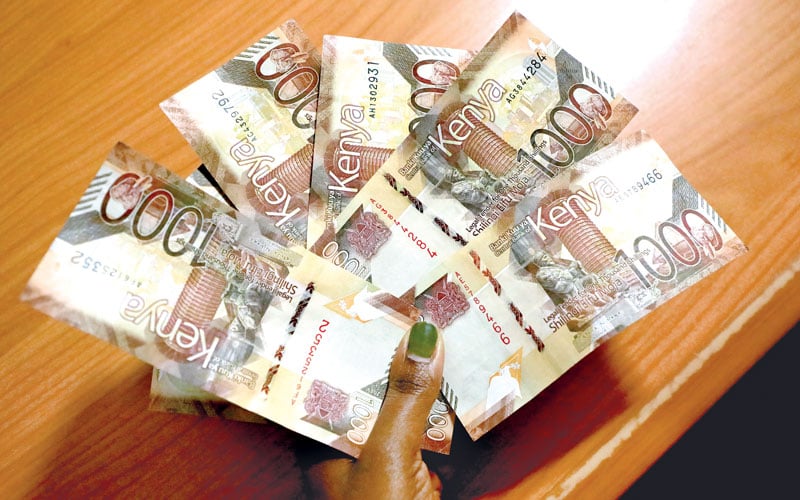Senators meet to resolve revenue sharing impasse

Hillary Mageka @hillarymageka
Senators will this morning hold a make-or-break meeting to discuss the contentious third basis for revenue allocation among the county governments.
The Senate Committee on Finance and Budget was last week scheduled to table its report on an amended version of the proposal by the Commission on Revenue Allocation (CRA) but shelved it.
Kirinyaga Senator Charles Kibiru, who chairs the committee, said his team was not “seriously ready” to present the report to the House as it had pending issues.
“We will table our report next week (Tuesday) after the National Treasury has considered our proposal to add some money to cushion the 18 counties which are losing,” Kibiru said.
Opinion is still sharply divided among politicians on how to share Sh316.5 billion allocated in fiscal 2020/21 as the equitable shareable revenue in the Division of Revenue Allocation Bill.
This even as a full blown financial crisis is looming large at the counties after some devolved units were reportedly unable to pay June salaries and surrender statutory deductions such as the National Hospital Insurance Fund (NHIF) and National Social Security Fund (NSSF) last week.
Key services like health and water provision amid the Covid-19 disease are among those to be affected if senators fail to agree on the formula.
The new cash sharing method was developed by the CRA after the expiry of the second basis formula and presented to the Senate in April, 2019.
Had Senate passed it last week, the proposed formula would have guided the sharing of revenue among county governments for the next five financial years, starting from 2020/21 to 2024/25.
Vicious clash
Fears now abound that the delayed passage may attract litigation against the Senate for contravening the Constitution and causing unnecessary delays in disbursing monies to the counties.
The Constitution provides that the formula must be approved first before the County Allocation of Revenue Bill 2020 is considered.
CRA guides the distribution of monies allocated to county governments from revenue raised nationally or in the form of loans and grants from development partners.
On Tuesday, Senate Speaker Kenneth Lusaka had to step in to forestall an impending vicious clash between lawmakers whose counties are gaining in the new formula one side and their counterparts losing on the other side.
Legislators from counties with high populations have backed the proposed formula, while representatives from counties with large landmass, but sparse population have vehemently opposed the formula, complaining that if adopted by the Senate, their region will lose up to Sh17 billion cumulatively.
As such, Lusaka summoned the lawmakers to attend the meeting to build consensus on the contentious formula proposed by the by CRA.
“Just as I indicated last week, we are having a Kamukunji this morning so that we are taken through the report by the Finance and Budget Committee to enable us build enough conscious,” Lusaka said on Sunday in an interview.
“We will hear both sides, the perceived gainers and losers so as to come up with agreeable matrix to share the monies allocated to counties this Financial Year,” he added.
After the Kamukunji, the Speaker said he would gazette a special sitting any day starting tomorrow to meet to have the report tabled and discussed in the floor of the House.
Besides population, basic equal share, poverty, land area, development, personnel emolument and fiscal responsibility, the new formula places particular emphasis on county functions.
Under the arrangement, at least 29 counties gain more revenue while 18 lose at least Sh1 billion each.
In the proposal, the parameters of population and basic revenue share have each been allocated 20 per cent, agriculture (16 per cent), poverty (14 per cent), access to roads (seven per cent), land mass (five per cent) and revenue effort (collections) and fiscal prudence one per cent.










